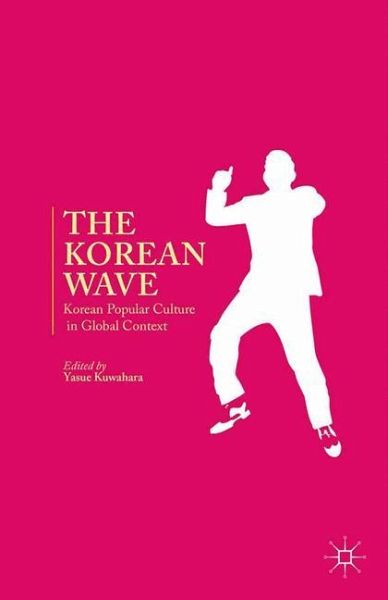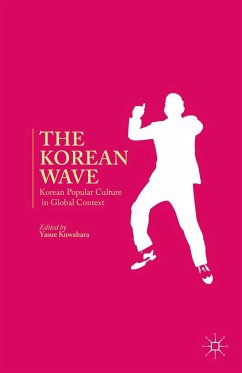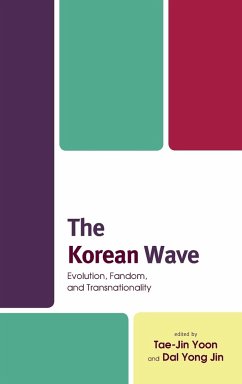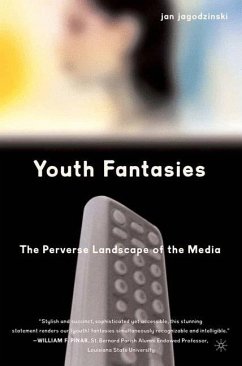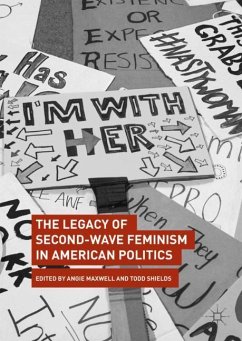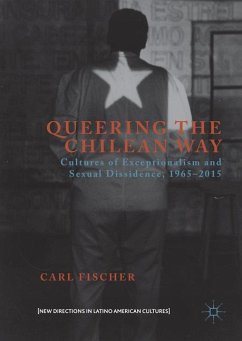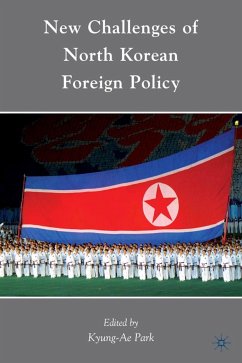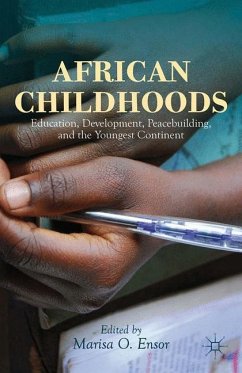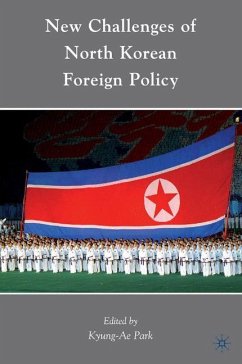"Yasue Kuwahara and her collaborators add profusely to the burgeoning literature about the Korean Wave, fielding questions and systematically answering them, on aspects such as global audiences, hegemonic relationships with the United States and Japan through Korean popular culture, glocalization, and government promotional policies. Their multidisciplinary and case study approaches to the study of Korean films, TV dramas, music, and social media, expressed in readable prose and filled with anecdotes and first-hand research, make this a very important contribution to communication and cultural studies." - John A. Lent, publisher and editor-in-chief of International Journal of Comic Art
"The Korean Wave offers an illuminating view into the world of Korean popular culture. Sometimes provocative, sometimes surprising, but always clear-sighted, each author offers an essay that stands well on its own but that also contributes to a scholarly, informative, and captivating volume. Yasue Kuwahara is to be commended for editing a collection that will appeal to scholars across disciplines, both those new to Korean popular culture and those who are well versed." - Jimmie Manning, Associate Professor, Communication, Northern Illinois University, USA
